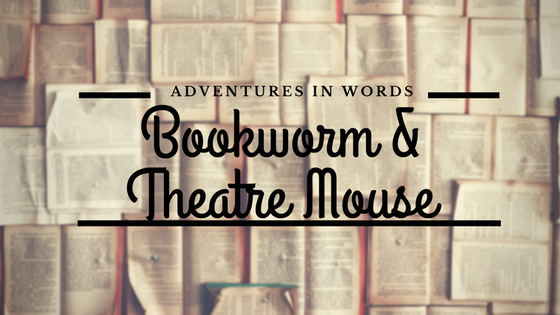The Big Classics Buddy Read for this latter part of 2023 has been ‘Jane Eyre’ by (of course) Charlotte Bronte. This is a book that I am pretty sure I should have read before now. I mean, I have seen enough adaptations, and listened to radio dramatisations of it. But, somehow, despite being on my shelf, I have never actually picked it up.
I do not think that this needs to be a post that discusses the plot of the story, as that is well-known by many of you. I am just going to share some thoughts.
I adored it. I could stop there, but that would make for a very short and not very exciting post. I do not find the start of the book to be the most engaging, but as soon as Jane’s life changes with her movement to school, I found the book just wonderful.
Jane Eyre is a very modern woman: headstrong, self-sufficient and nobody’s fool. And I love this about her. In fact, I think that Jane on the page is so much better than the Jane of any adaptation – I found I had some real respect for her as the story unfolds. It has been interesting as, in the buddy read, we have also discussed Mr Rochester; he always seems cast and discussed as a dark character, with little that redeems him. But, I have not read him like this; I seem to have sympathy for him as a character, and I think there is some humour there despite the dark gothic vibe of the story. I do not see this as a great romance, but I think there is respect there between Jane Eyre and Rochester that blossoms into a respectful love between the two.
There are some great gothic vibes within this story. The mysterious characters and events make it such a page-turner, and there always seems to be something else that you want to find out about the tale.
So, I am glad that I have taken Jane Eyre off the shelf and entered her world to find out a little more about her, rather than how other people have seen her and her story – and I think Jane and Rochester have both cemented a place in my heart, alongside Cathy and Heathcliffe.
